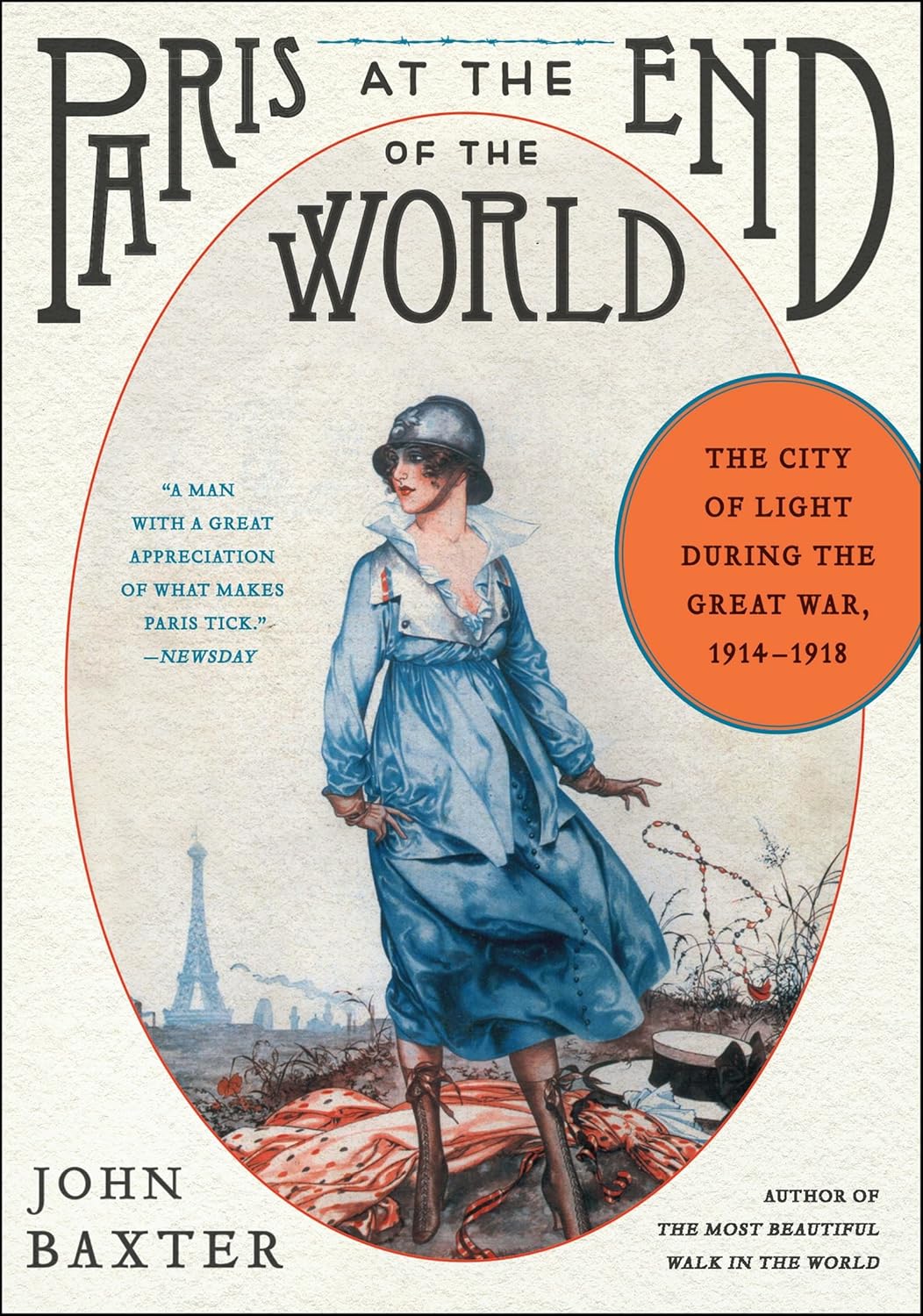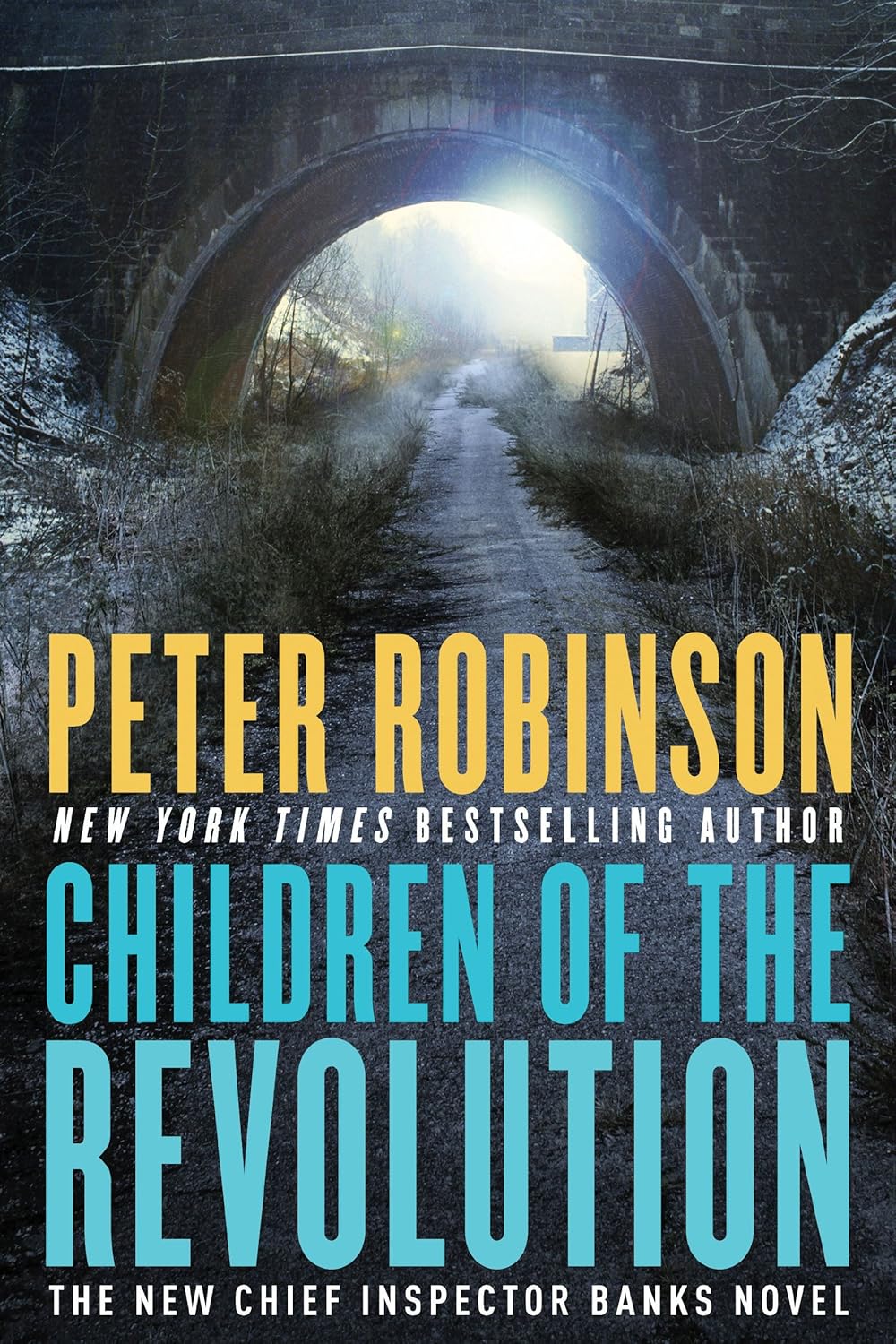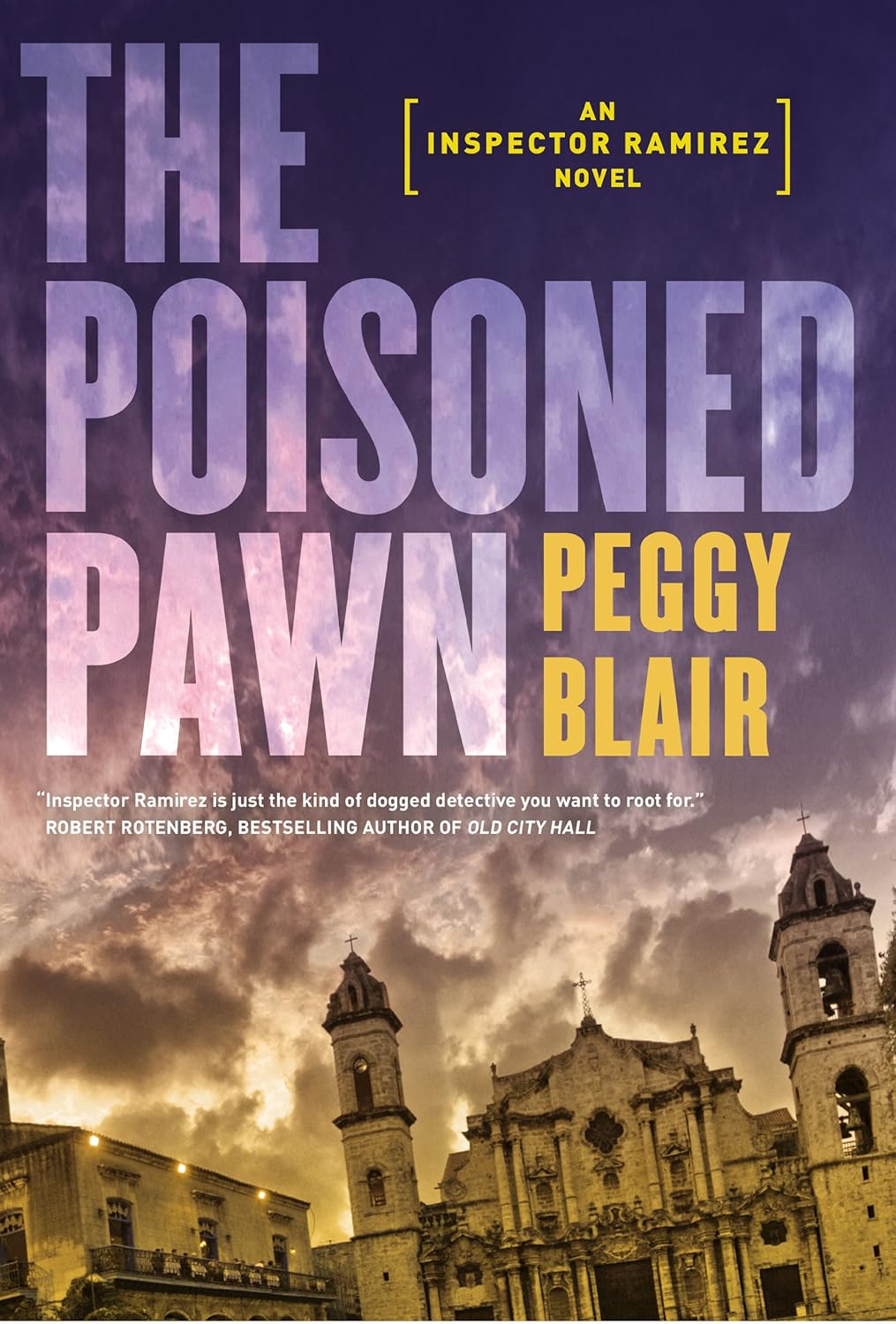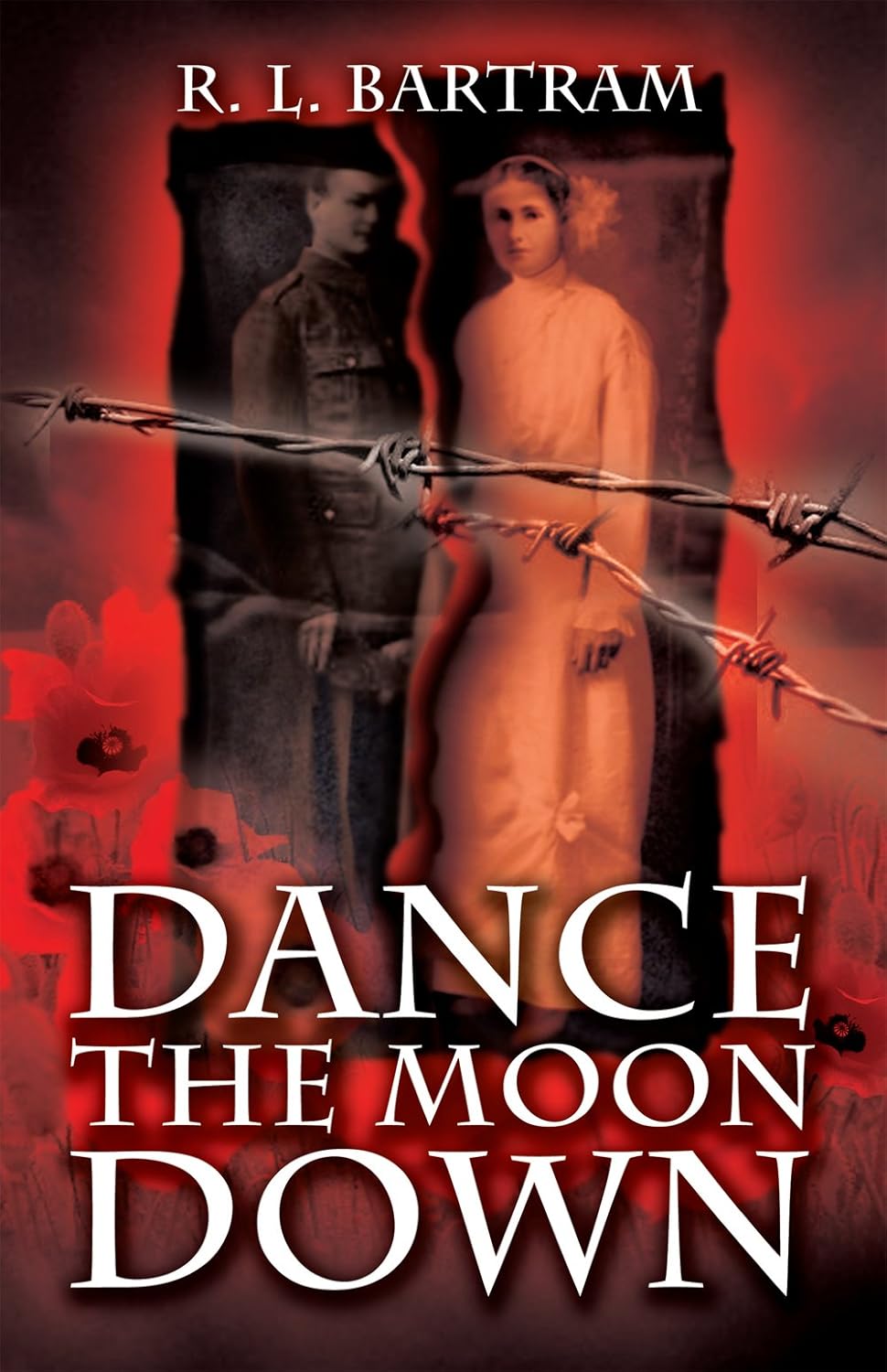
If you read my review of What Comes Around posted earlier this morning, you'll know this one isn't going to be a rave. I went on to read this novel partly because I wanted to give the genre another chance but also because the one thing I loved about the previous Ted Bell novella was the hero, Bond, excuse me, Alex Hawke. He is really a charming wealthy fellow who just happens to work for MI6, Britain's excellent intelligence wing, and has mad skills in flying, fighting for his life, saving innocent souls from evil, etc. Not his fault really. It just goes with the territory.
The evil entity in this story is China with help in the especially evil department from North Korea. We meet William Lincoln Chase, Jr. and his lovely family of Georgetown on his wife's 40th birthday. He has planned a special evening for them and their two children at her favorite restaurant, after which they will walk the short four blocks home. He is brilliant, the head of a company that designs and makes advanced weapons systems. As I wrote in my notes, everything is too good for this guy, You know something awful is going to happen. Sure enough, as they walk home, all four are kidnapped by the Chinese and seemingly disappear off the face of the earth.
This is a large book with no end of excitement and some of the most horrendous characters you will ever read about. One kills with trained ravens for instance. These are single-minded people dedicated to one goal and anyone who stands in their way is fair game.
Well, I shouldn't have accepted this novel from the publisher to read and review. Although I used to love this genre, I couldn't even finish this book. It isn't the author's fault; this just isn't the kind of thing I enjoy reading. As I wrote previously, this is a very popular series and each episode sells well. I can imagine readers who think of Hawke in the same adulatory way many think of 007 and he is a memorable character worthy of that devotion.
In other words, if this is your thing, definitely run don't walk to get a copy of Warriors by Ted Bell. Trust me, you either love the genre or you won't be able to get through it.
Recommended only for lovers of spy novels
Source: William Morrow Imprint, HarperCollins




 I'll be recommending this book far and wide to anyone who loves historical novels and characters who stay in the reader's mind long after the last page. The subtitle says it is a novel of the greatest trial in Irish history, one that took place in 1743, but the majority of the book is about the life of a young man who was kidnapped and shipped to the colonies as an indentured servant. His crime? He was the heir to an earl but his amoral uncle was determined to have the title and estate whatever the price.
I'll be recommending this book far and wide to anyone who loves historical novels and characters who stay in the reader's mind long after the last page. The subtitle says it is a novel of the greatest trial in Irish history, one that took place in 1743, but the majority of the book is about the life of a young man who was kidnapped and shipped to the colonies as an indentured servant. His crime? He was the heir to an earl but his amoral uncle was determined to have the title and estate whatever the price.
 I wish I had time to read all of the earlier books in this series. I'm growing quite fond of Inspector Banks and his detectives Winsome and Gerry so I'd like to know more about them. Too, I would love to know more about Annie Cabbot, the abrasive detective who rubs me the wrong way. In the two books I've read so far (Watching the Dark was the other one), she has been a thorn in Banks' side and an irritant to me but I've learned that she had been badly injured in the line of duty and had an unusual childhood. She's so touchy and opinionated, though, that sometimes they have to work around her to get anywhere in their investigations. I really must make time.
I wish I had time to read all of the earlier books in this series. I'm growing quite fond of Inspector Banks and his detectives Winsome and Gerry so I'd like to know more about them. Too, I would love to know more about Annie Cabbot, the abrasive detective who rubs me the wrong way. In the two books I've read so far (Watching the Dark was the other one), she has been a thorn in Banks' side and an irritant to me but I've learned that she had been badly injured in the line of duty and had an unusual childhood. She's so touchy and opinionated, though, that sometimes they have to work around her to get anywhere in their investigations. I really must make time.
